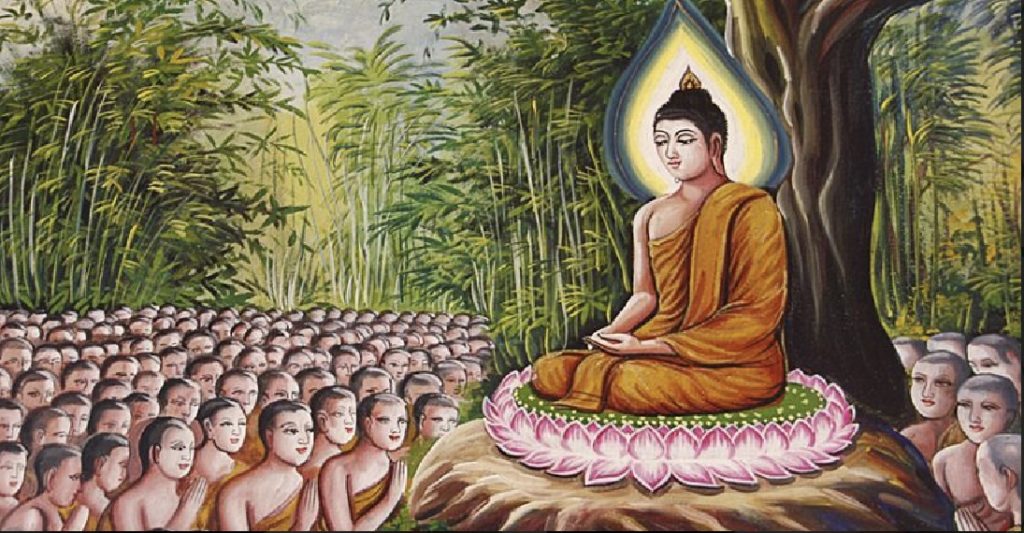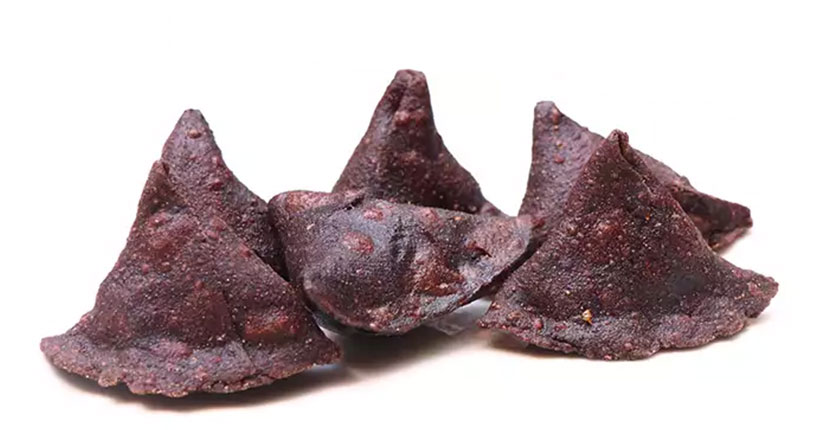5 Nutritional Wisdom from Ancient Teachings: Insights for a Balanced and Healthy Life
By Nmami Agarwal 03-Jul 2023 Reading Time: 5 Mins

- Introduction: Throughout history, ancient cultures have left us with valuable teachings that extend beyond their time. This ancient wisdom still resonates today regarding nutrition and maintaining a healthy lifestyle. Let’s explore five vital nutritional principles derived from ancient teachings, accompanied by a neater explanation of each point.
- Ayurveda and the Concept of Balance:
Ø Ayurveda, originating from ancient India, emphasizes the importance of balance in all aspects of life, including nutrition.
Ø According to Ayurveda, individuals possess unique body types or doshas (Vata, Pitta, and Kapha), and a balanced diet should align with their specific dosha.
Ø For instance, Vata types may benefit from warming foods, while Pitta types may find relief in cooling foods.
Ø By tailoring our diet to our dosha, we can promote overall well-being and harmony within our bodies.
- Traditional Chinese Medicine and Yin-Yang:
Ø Traditional Chinese Medicine (TCM) teaches the importance of Yin-Yang balance.
Ø In TCM, foods are categorized as Yin (cooling) or Yang (warming) based on their energetic properties.
Ø The concept of Yin-Yang balance suggests combining Yin and Yang foods in our meals supports optimal health.
Ø For example, including Yin foods such as leafy greens and fruits with Yang foods like lean proteins creates a harmonious balance that nurtures our bodies.
- Mediterranean Diet and Whole Foods:
Ø Inspired by ancient Greece and Rome, the Mediterranean diet focuses on whole foods and is associated with numerous health benefits.
Ø This eating pattern promotes the consumption of fresh fruits, vegetables, whole grains, legumes, and lean proteins like fish and poultry.
Ø Healthy fats, mainly derived from olive oil, play a central role in this diet.
Ø By prioritizing minimally processed, nutrient-dense foods, the Mediterranean diet provides a well-rounded approach to nutrition that promotes longevity and vitality.
- Japanese Tradition and Mindful Eating:
Ø The Japanese have a cultural tradition known as “Hara Hachi Bu,” which means “eat until you are 80% full.
Ø ” This practice cultivates mindfulness during meals by attuning to our body’s satiety cues and stopping eating before feeling overly full.
Ø We can develop healthier eating habits by embracing portion control and actively listening to our bodies.
Ø This ancient wisdom aligns with the modern understanding of mindful eating, promoting a more conscious and balanced relationship with food.
- Ancient Greek Philosophy and Moderation:
Ø Ancient Greek philosophers, renowned for their wisdom, believed in the virtue of moderation in all aspects of life.
Ø When applied to nutrition, moderation encourages balanced eating patterns and discourages extremes or indulgence in any particular food or drink.
Ø By adopting a moderate approach, we can avoid the pitfalls of overconsumption while still enjoying a varied and enjoyable diet.
Ø This principle emphasizes the importance of portion control, listening to our bodies, and finding a sustainable balance that promotes well-being.
Conclusion:
- Drawing from the rich tapestry of ancient teachings, we find valuable insights for nourishing our bodies and leading a balanced life.
- Ayurveda teaches us to seek balance and harmony, while Traditional Chinese Medicine emphasizes Yin-Yang balance.
- The Mediterranean diet promotes the consumption of whole, nutritious foods, while the Japanese tradition of mindful eating encourages us to eat in moderation.
- Finally, the ancient Greeks remind us of the virtue of temperance, urging us to find balance in all aspects of our lives, including our diet.
- By incorporating these timeless principles into our modern lifestyle, we can make informed choices and prioritize our health and well-being.





















